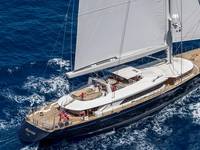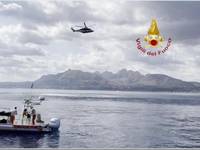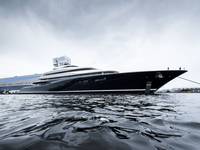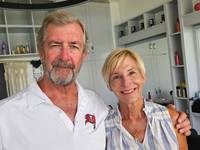Ship Registry Passenger Yacht Code Collaboration
BMT Nigel Gee collaborates with Cayman Island Shipping Registry to share industry knowledge and insight.
BMT Nigel Gee, a subsidiary of BMT Group, is set to launch its latest technical paper in collaboration with the Cayman Island Shipping Registry (CISR). Developed to provide insight for a wide range of industry stakeholders, the paper examines aspects of the 2010 Passenger Yacht Code (PYC) which aims to provide a Safety of Life at Sea (SOLAS) equivalent code for yachts wishing to carry up to 36 passengers.
Prior to the development and publishing of this code, yachts wishing to carry more than 12 passengers were subject to full SOLAS and Loadline compliance with associated cost and design complexity. This paper investigates some of the differences in philosophy between the two compliance options and the impact they may have on large yacht design, providing much greater clarity for the industry.
Where in the past international conventions have been considered unreasonable or disproportionately onerous for yachts, the PYC applies substantial equivalence to provide additional flexibility to the Naval Architect and Designers. This paper looks at specific areas of how to assess the alternative design considerations that must be made, or the benefits that can be achieved when applying the substantial equivalence of the PYC.
Peter Southgate, Advisor, Maritime Policy and Legislation Development of CISR comments: “The Code has been well received by industry and a number of projects being built in accordance with the Code are now in progress. It is recognised that this is an evolving standard and regular updates are envisaged for the first five years of operation.”
James Roy, Yacht Design Director at BMT Nigel Gee concludes: “It is clear that the PYC offers substantial equivalence to SOLAS, providing added flexibility to designers and naval architects.




